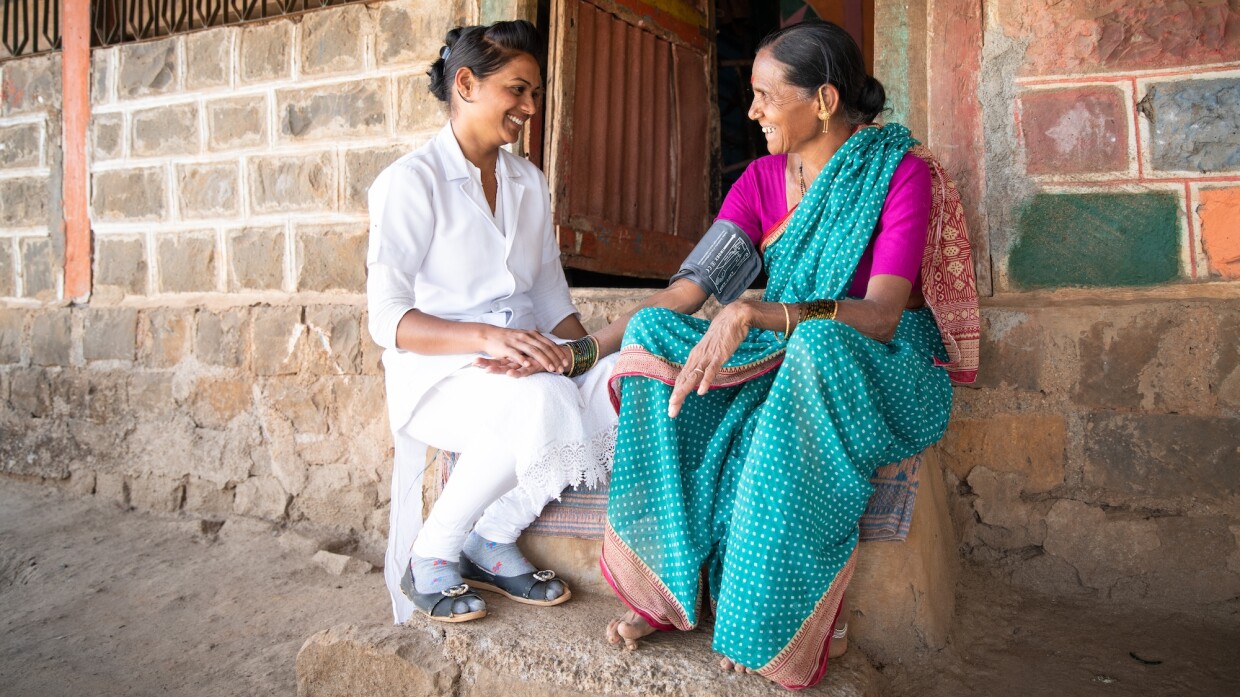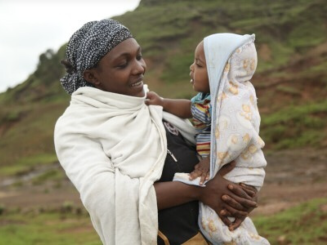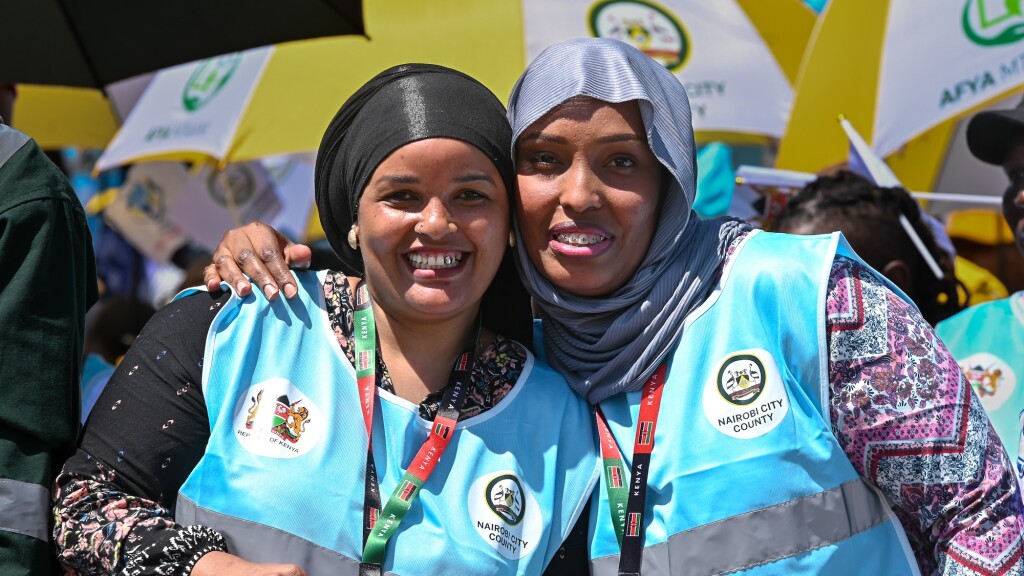- Home
- Our company
- Social impact
- Global health equity
Global health equity
We are closing the gap between communities and care by enabling access to our medicines and technologies, championing nurses and health workers and working together with community-based organizations.

How Johnson & Johnson is working to get medications to people around the world who need them most
In the just-released 2024 Access to Medicine Index, the company ranks among the top 5 improving access to medicines.
Our approach
There is no single solution to addressing global health inequities. To improve health outcomes worldwide, we take on these challenges from several angles to support patients, health workers, and an equitable health infrastructure.
Accelerating impact through key initiatives
Advocating for, elevating, and empowering nurses
In alignment with a long-standing commitment to supporting frontline health workers, Johnson & Johnson is proud to continue our legacy with the nursing profession by working with our partners to attract and strengthen an innovative, thriving and diverse nursing workforce, empowered to advance health equity and transform healthcare.
Bringing the best of J&J to communities
Talent for Good inspires Johnson & Johnson employees to use their unique skills and expertise to serve people and communities in need.
Featured efforts and collaborations
Johnson & Johnson participates in the inauguration of World Health Organization (WHO) Academy to improve training and education of health workers globally
J&J made a $7 million grant to the Institut de France which will help the WHO Academy provide both online and in-person educational opportunities for health workers throughout their careers Training, education and support are needed to help address global shortage of health workers and close the gap between communities and care
A new collaborative effort to build strong and resilient health systems
Memorandum of Understanding will support the Americas Health Corps in its goal to train 500,000 health workers to help build strong and resilient health systems and bring more communities closer to care
Bringing orthopaedic surgical care closer to home for Malawi’s rural population
With timely surgical care, most long bone fractures can be easily repaired. Five new state-of-the-art operating rooms are making it possible for more patients in Malawi to recover quickly from their injuries.
Johnson & Johnson Foundation
Johnson & Johnson Foundation is a registered charitable organization that reflects the commitment of Johnson & Johnson to use its size, scale and diversity to change lives and communities, advance equitable care, and put better health within reach, aligned with its purpose to profoundly impact health for humanity.
J&J Impact Ventures
Impact Ventures is an investment fund within the J&J Foundation, supporting a global portfolio of early-stage companies transforming access to quality and affordable healthcare.
The Global health equity newsletter
Subscribe to our newsletter for the latest news and important partner updates about the global health equity efforts at Johnson & Johnson.
You are now leaving jnj.com.
This link will take you to a website outside of Johnson & Johnson, which is governed by its own privacy policy and terms of use. Click continue to proceed.








